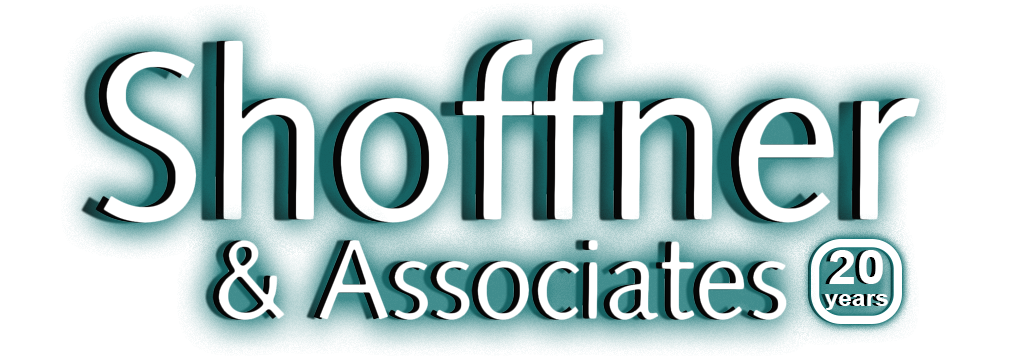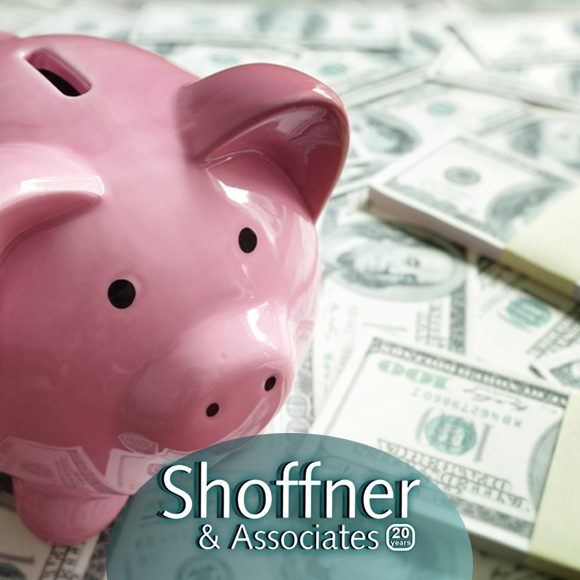Cash reserves are important whether for your personal life or your business life. They are your emergency fund when things either don’t go right or when you have an unexpected opportunity. Your business doesn’t always go according to plan. A major customer may be late paying an invoice or equipment may break along with myriad other possibilities. Your cash reserve is the emergency fund for your small business when cash flow suffers or when unexpected expenses threaten your business.
Cash reserves can be cash or other liquid assets like money market funds or liquid investments that can be promptly converted to cash. They enable you to cover expenses when you either have an unexpected rise in expenses or drop in revenue without getting a loan or incurring credit card debt.
Many small businesses don’t have enough cash reserves to bail themselves out in an emergency. Studies have shown that fewer than a quarter of small businesses have 2 weeks or more of cash buffer days in reserve. It is advisable for a small business to have cash reserves on hand to cover three to six months’ worth of expenses.
To determine the size of an emergency fund your business needs, you need to know how much cash your business uses on average on a monthly basis and how much cash your business will need in the future. If for some reason your revenue stops, your emergency fund needs to cover your expenses until your revenue picks up again. Your cash reserves need to be able to cover your overhead for the period you determine. Growing businesses require more cash available. You may need reserves to cover planned expansion.
Once you have determined the size your cash reserve needs to be, develop a strategy for putting that money aside. It is very helpful to have a separate bank account earmarked for emergency funds. One approach is to set a monthly goal for savings. This can be a predetermined amount each month or a percentage of your profits. Make your contributions to your cash reserves part of your business budget and therefore non-negotiable. A good way to find cash for your emergency fund is by reducing current expenses.
Manage your cash reserves. Decide in advance what criteria you will use to tap into those funds. Remember, it is for emergencies and unexpected expenses. These unexpected expenses aren’t all bad. They can include business investment opportunities.
The amount of your cash reserves needs to make sense both on paper and at a gut level. Different people will be more comfortable with a larger fund and others with a smaller fund. Potentially, too small a fund could mean the end of your business, and too large a fund could prevent you from making worthwhile investments in your business. If you are undecided about how large your cash reserve should be, discuss it with your accountant or business advisor.
Please leave us a 5 Star Review on Google https://g.page/r/CY4vul4WgkwxEB0/review

Starting a NEW business or know someone that could use our help? Call your friendly neighborhood attorney today.
Freya Allen Shoffner, Esq.
Shoffner & Associates
Counselors to Small Business and Families.
Give Freya a call at (617) 369-0111 TEXT US (413) 207-6219 or email fashoffner@shoffnerassociates.com
Let us know your thoughts or suggestions in the comments please.





